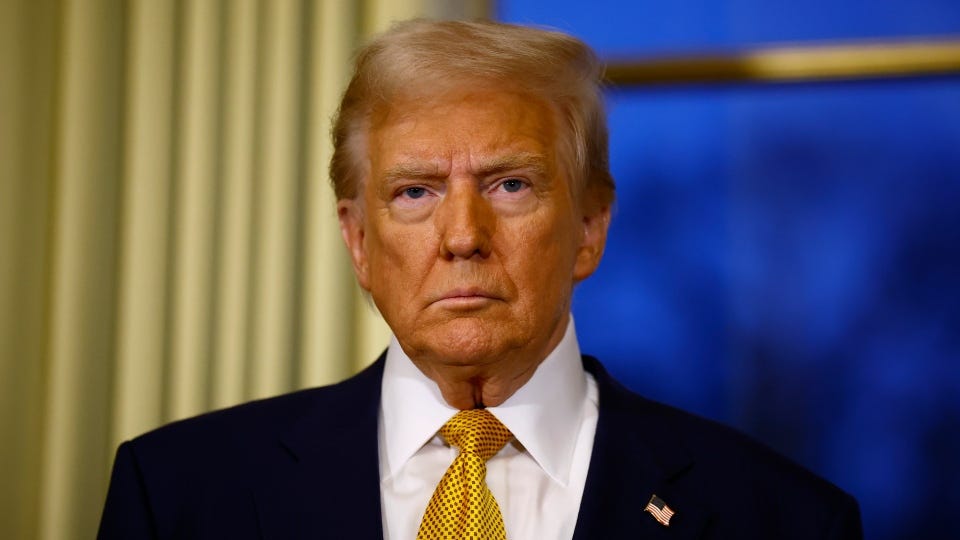The Conviction Stands: Donald Trump Becomes First Convicted Felon to Assume Presidency
On Friday, New York Judge Juan Merchan upheld Trump’s conviction in a hush money case, ensuring that his legal status will accompany him as he begins his second term in the White House.

Despite the gravity of the conviction, which stems from 34 counts of falsifying business records related to a $130,000 hush money payment to adult-film star Stormy Daniels, Judge Merchan ruled that President Elect Donald Trump would face no legal penalties. In his ruling, Merchan emphasized the importance of bringing "finality" to the case while allowing Trump to pursue an appeal without the burden of a sentence interfering with his presidential duties.
Merchan set sentencing for January 10, just 10 days before Trump’s second inauguration. However, he stated that the sentencing is largely procedural, describing the decision to impose no punishment as the "most viable solution" to resolve the matter conclusively.
Trump’s legal team has argued extensively that his reelection and the Supreme Court’s recent rulings on presidential immunity should invalidate the conviction. However, Merchan rejected these arguments, asserting that the evidence presented in the case was unrelated to Trump’s official conduct as president and therefore not shielded by immunity.
The hush money scandal that led to Trump’s conviction dates back to 2016, when his then-lawyer Michael Cohen made the payment to Daniels to prevent her from speaking publicly about an alleged affair with Trump. Although Trump has denied the affair, the payment and subsequent falsification of business records to reimburse Cohen formed the basis of the Manhattan district attorney’s case.
In May, a jury found Trump guilty of all charges, marking a historic first in American politics. Manhattan District Attorney Alvin Bragg argued that dismissing the jury’s verdict would set a dangerous precedent, calling it an “extreme remedy” that was unwarranted.
Reactions to Merchan’s ruling have been predictably polarized. Trump’s spokesperson, Steven Cheung, denounced the decision as a “direct violation” of the Supreme Court’s immunity doctrine and vowed that Trump would continue fighting what he described as “hoaxes” and “witch hunts.”
In a nod to the logistical challenges of the presidential transition, Judge Merchan ruled that Trump could appear virtually for the January 10 sentencing. The judge cited concerns about the "mental and physical demands" of the transition period.
As Trump prepares to assume office under the shadow of a conviction, the focus now shifts to how his legal and political challenges will shape his presidency. His decision to appeal the conviction will likely dominate headlines in the months ahead, adding yet another layer of complexity to an already contentious return to power.



